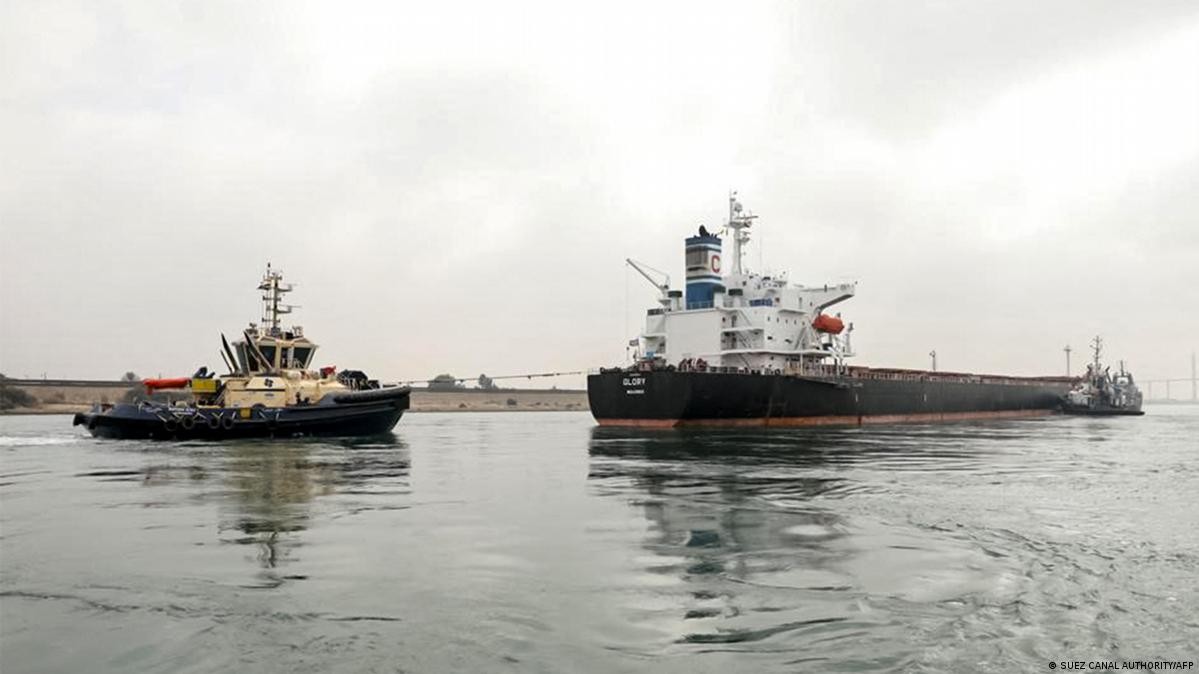Cairo, Egypt — Egypt has tested a new 10-kilometre (6.2-mile) extension to the Suez Canal as it tries to minimize the impact of currents on shipping and increase the key waterway’s capacity.
Two ships used the new extension on Saturday, a statement from the Suez Canal Authority said.
Authority chief Osama Rabie said the development in the canal’s southern region will “enhance navigational safety and reduce the effects of water and air currents on passing ships”.
Vessels navigating the waterway have at times run aground, mostly because of strong winds and sandstorms.
In 2021, giant container ship Ever Given became wedged diagonally in the canal, blocking trade for nearly a week and resulting in delays that cost billions of dollars.
The new extension is set to boost the canal’s capacity by six to eight vessels a day, Rabie said, and it will open after new navigational maps are issued.
In 2015, Egypt undertook an $8-billion expansion to the waterway, followed by several smaller development projects.
The Suez Canal has long been a vital source of foreign currency for Egypt that has been undergoing its worst ever economic crisis.
According to the International Monetary Fund, revenue from the canal has been slashed by up to 70 percent since last year because of attacks by Yemen’s Iran-backed Huthi rebels on shipping in the Red Sea.
Before the attacks pushed companies to change routes, the vital passage accounted for around 10 percent of global maritime trade.








